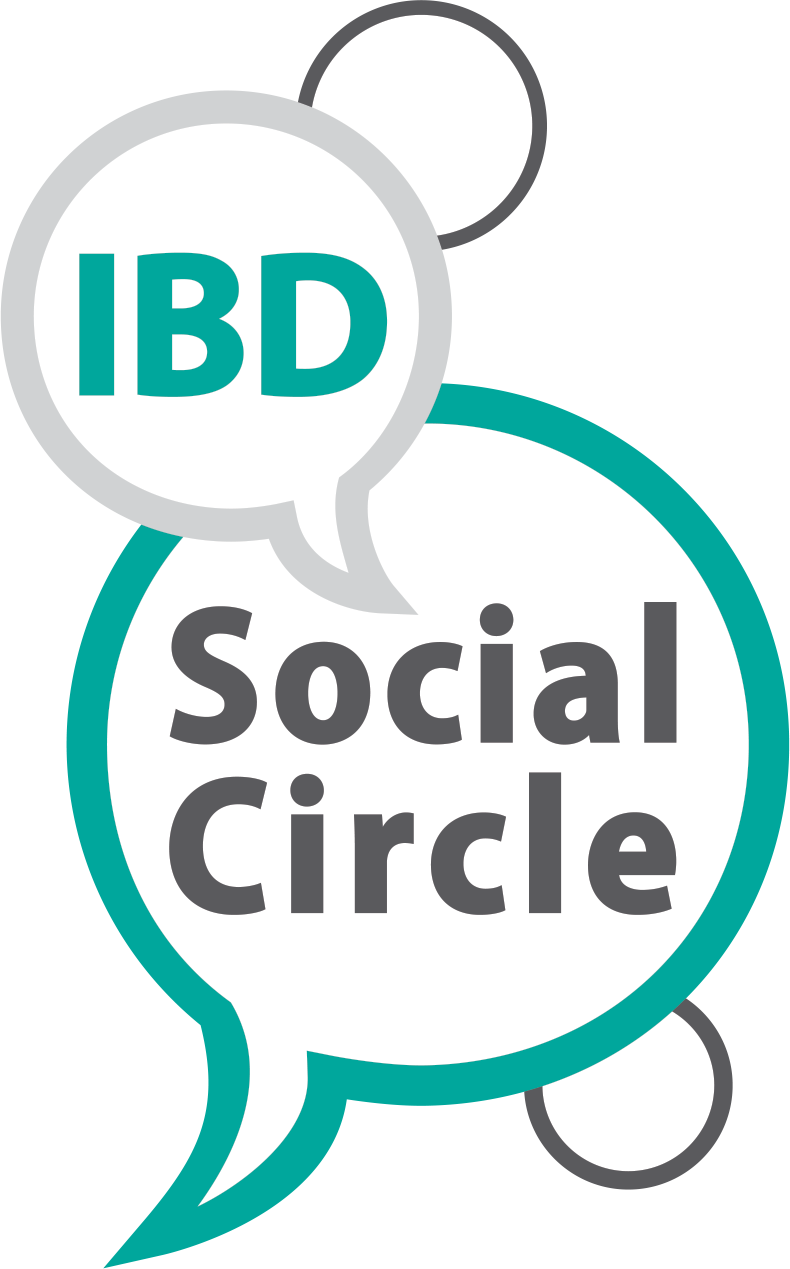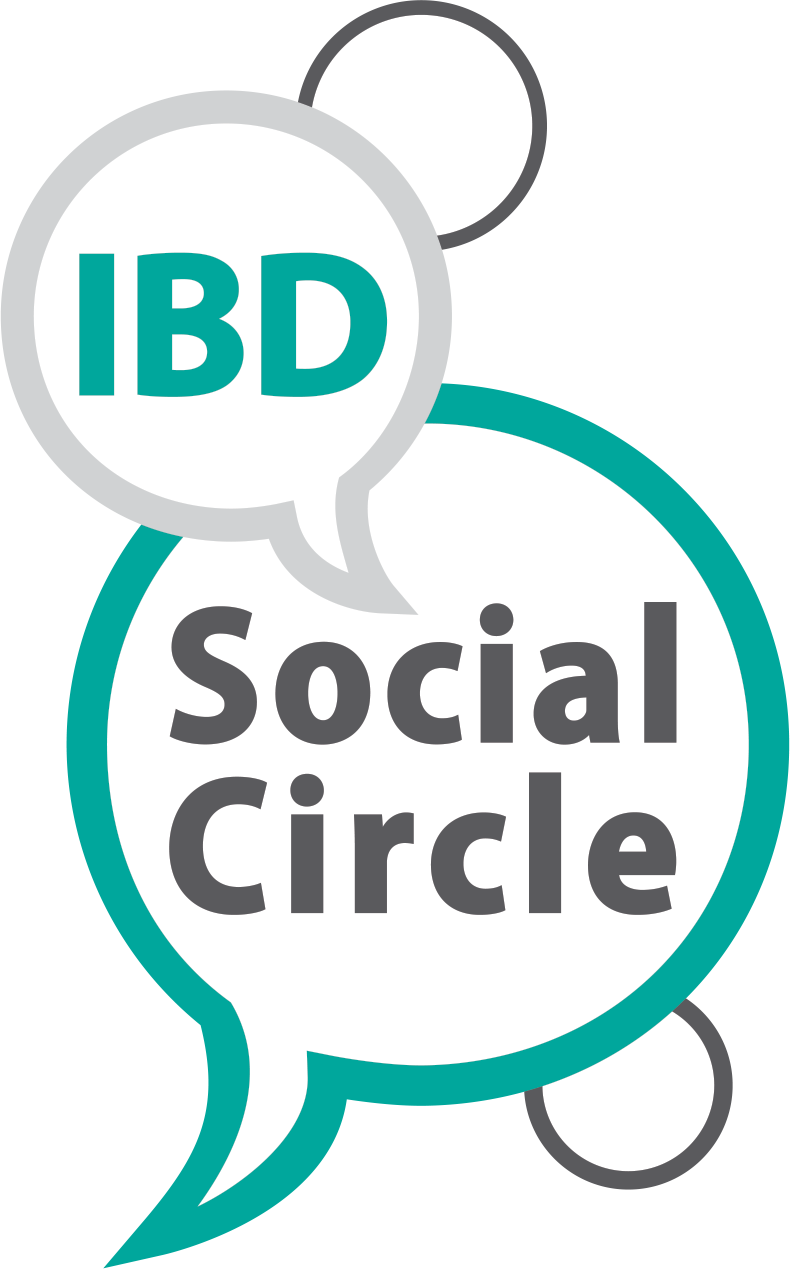Jaime Holland shares her personal experience giving birth while living with IBD. Here’s what she wishes she knew before having a baby.
Hi everyone, I’m Jaime from Pretty Rotten Guts. A while back, I was asked if there was something I wish I had known about IBD and having a baby. You bet there is! And it is something I think should be discussed more before it’s too late.
If you are interested in having kids, it’s important to make a plan with your gastroenterologist (GI) and OB-GYN so that you can prepare far in advance for whatever might happen during your birth plan or potentially outside of it–and how best to manage potential scenarios together. I hope sharing this experience will help someone else avoid the situation I found myself in.
Originally, my doctors planned a C-section for August. During an afternoon of monitoring, one of the labor and delivery nurses at the hospital instructed me to pack my medications that the hospital could not provide because the hospital pharmacy team can take your meds and create a dispensing schedule for the nurses. When I wound up delivering a month early due to a complication unrelated to IBD, thankfully, my bags and meds were packed and ready to go. I felt as prepared as I could be under the circumstances. But with an emergency delivery, I didn’t have time to consider post-delivery care, including if I needed to utilize pain management. My care team and I hadn’t considered, and thus, hadn't communicated about, a plan for emergency scenarios.
Our daughter was born a little over a month premature but missed needing the NICU by half a pound. Due to this, we were placed in a recovery room where my daughter and I received a little extra care until we would be released to the post-delivery floor. About 12 hours after delivering, the effects of the spinal block and IV meds began to fade. Members of my obstetrics high-risk medical team visited to encourage me to begin taking the oral pain meds because they wanted me to keep a stable level of pain relief to help me become mobile. At the time, I was immobile for almost 24 hours.
Having Crohn’s disease for nearly two decades, pain meds on top of anesthesia make me wary. I’m not a fan of taking meds that may slow GI (gastrointestinal) motility, which is the movement of contents in your gut. Anesthesia has a similar impact on my gastrointestinal tract. I was fearful of having pain meds added to the mix, but I agreed to take the oral pain medication—this is where I learned the thing that I wish I had known regarding my post-delivery care management.
After moving to the post-delivery room, the nurses started me on medications they use for C-section delivery. Post-delivery management plans may vary by person, and for me, this medication regimen included a laxative to take with the oral pain medication, but that laxative does not work for me the way it may for others. While I have a preferred laxative, I took the one prescribed by the hospital and began eating normally because I was trying to nurse the baby.
Since pain medications can cause constipation, my intestines were not waking up on the preferred hospital discharge schedule. My usual care team tried to advocate for me to stay a bit longer in the hospital to manage my constipation, but they lost the vote. I was released to go home by a doctor I’d never met.
When I got home, I continued to take the laxative as prescribed and directed by the hospital, thinking that I needed to remain as compliant as possible in the event I had to go back. I think this is where years of medical gaslighting blurs someone’s better judgment. I felt like I couldn’t trust my instinct to speak up and take the laxative I preferred versus the one sent home. Being released from the hospital on a weekend also made it difficult to communicate concerns with my GI who’s managed my IBD since 2012. In retrospect, I should have called their emergency line to speak with the on-call doctor.
A little over 24 hours after being released, I had to go back to the hospital due to a complication from the pain meds and anesthesia slowing my bowels too much. The entire situation was beyond mortifying, extremely painful due to my recent C-section, exhausting, and could have been avoided.
A few days later, I had a telehealth appointment with my GI, and she confirmed that my preferred laxative is also what she prefers for her IBD patients post-delivery.
As someone living with IBD, I know my body. While the doctors were just trying to follow their usual protocol, I suspected that this plan was in conflict with what I knew about myself. I felt vindicated to find out that my instincts were correct, but unfortunately this lesson resulted in an avoidable trip to the hospital.
I hope if you’re planning to give birth as a person with IBD, you discuss a thorough plan with your medical team members about your IBD medication schedule as well as medications you may receive post-birth, and any other concerns, because the experience I had may have been avoided with better communication and preparation. With that back-up support, I encourage you to also trust your instincts as best as you can, and speak up for the care that you need.
Disclaimer: This resource was developed by an IBD Social Circle patient advocate who has been compensated for their time. This content is informational, does not reflect all patient journeys, is not intended to be taken as medical advice, and should not replace the recommendations and advice of your healthcare provider



